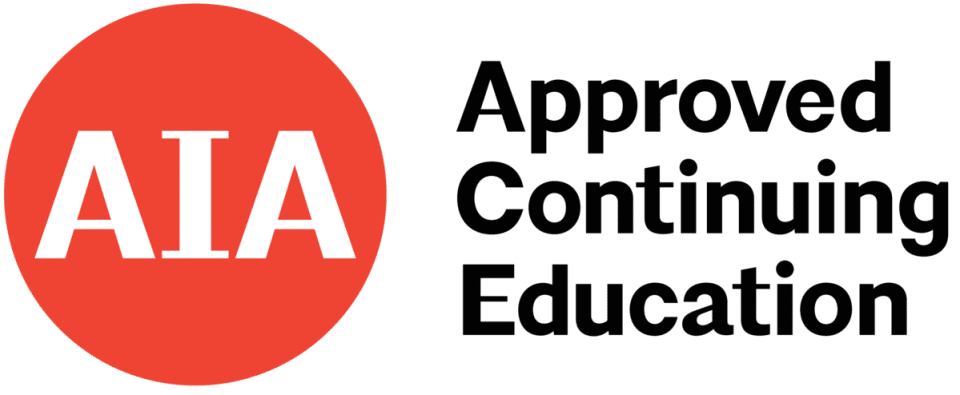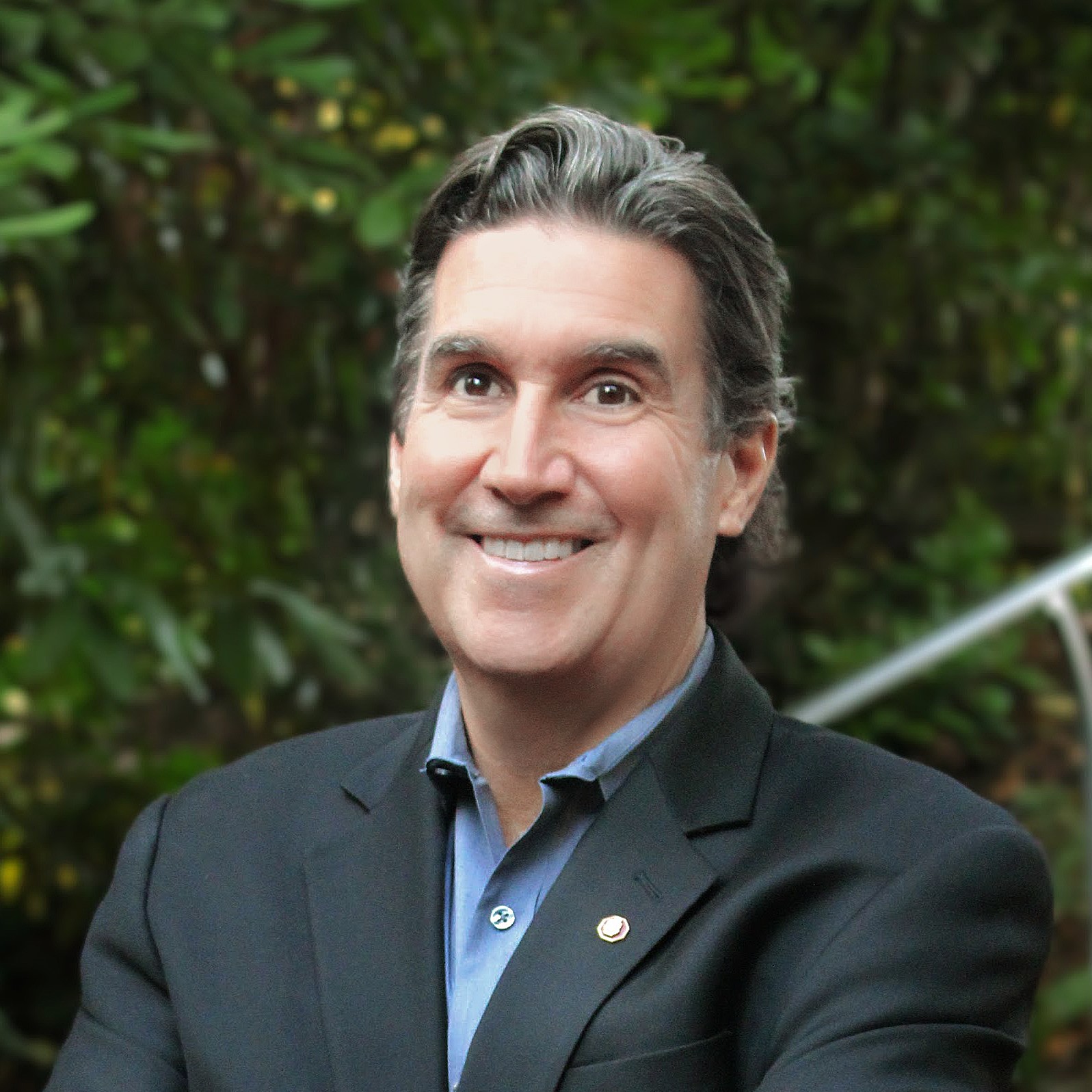Given the increasing frequency and severity of natural disasters, including hurricanes, floods, wildfires and other hazard events, and the dire predictions of climate scientists that things will be worse, we need to redouble efforts to mitigate climate change, and at the same time we must get serious about adaptation to reduce the catastrophic risks of a worsening climate and sea level rise. The good news is that when we look at buildings and urban infrastructure, there is overlap in adaptation and mitigation strategies. Identifying these measures and implementing the ones that provide the biggest benefit for the least cost for any given asset starts with conducting a climate risk and resilience assessment. This session will provide an introduction to the growing practice of climate risk assessment, and how to use it to assess and mitigate vulnerabilities, while improving the resilience and performance of new and existing buildings. It will also specifically review new regulations requiring some companies to assess and disclose climate-related financial risks. This interactive presentation will also review strategies for the design and retrofit of buildings to increase resilience, and discuss the role of material manufacturers, design professionals, and construction teams to create resilient structures.
Learning Objectives:
- Define what is meant by resilience in the context of the built environment and why it is important.
- Review new regulations influencing the emerging focus on climate risk and resilience.
- Understand the components of a climate risk and resilience assessment.
- Discover historical structure requirements and best practices
- Review strategies for mitigating risk and increasing resilience in buildings.
- Consider how resilient design complements other sustainable and healthy building strategies.
Continuing Education Credits:
1.0 AIA LU HSW 

Alan Scott, FAIA, LEED Fellow, LEED AP BD+C, O+M, CEM, WELL AP
Director of Sustainability, Intertek
Alan Scott, FAIA, LEED Fellow, is a registered architect and sustainability practitioner with over 35 years of experience, creatively applying his skills as a facilitator, consultant, and teacher in support of high-performance, sustainable built environment projects. His work focuses on boosting new and existing building performance, decarbonization, occupant wellness and resilience.
